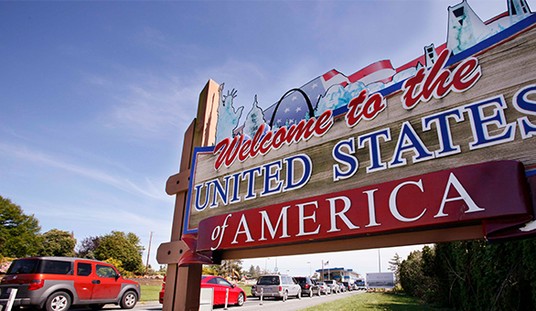As a father to a son on the autism spectrum, I learned early on that traditional forms of discipline don’t always have the desired effect. A child with autism does not respond in expected ways. The ways in which they do respond can seem like defiant tantrums.
When the confrontation takes place between parent and child or teacher and child, that’s one thing. When the confrontation takes place between the child and law enforcement, things can get dangerous very quickly.
St. Paul police officer Rob Zink understands that. As the father of two sons on the spectrum, Zink has worked to bring awareness of autism and its behavioral manifestations to his fellow law enforcement officers. He has formed the Cop Autism Response Education (CARE) Project to advance the cause. From the Minneapolis Star Tribune:
“I understand them,” Zink said. “A regular cop is not going to understand it when someone on the spectrum doesn’t do what they are told. Lights, sirens, yelling — those things can make them go into panic mode.”
Cmdr. John Bandemer, the head of patrol for the Western District where Zink works, said it can be hard for officers to tell the difference between someone with autism and someone who just doesn’t want to do what police are telling them to do. Zink’s efforts might keep incidents from escalating, Bandemer said. There now is talk in the St. Paul Police Department about including training for autism calls with other mental health training efforts.
Such training could save lives. Officers are typically trained to meet apparent threats with escalating force. The problem with folks on the autism spectrum is that they respond to escalation with escalation. That leads in a dangerous direction. Officers who learn to recognize autistic behavior may be able to deescalate situations by employing alternative methods.









Join the conversation as a VIP Member